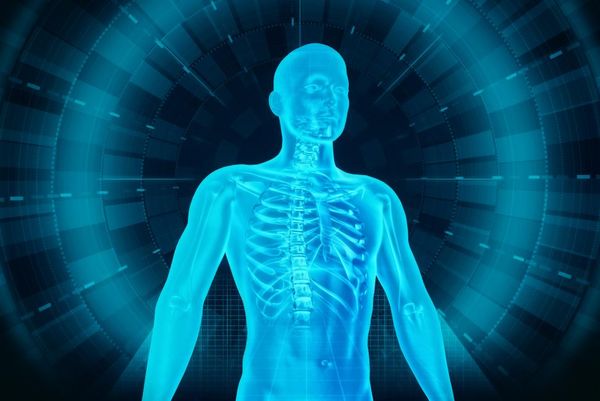Google Working on AI Algorithm that Detects Lung Cancer

Artificial intelligence now comes to the aid of doctors and radiologists for more accurate diagnosis of lung cancer, writes The New York Times.
According to a study conducted by Google researchers in partnership with medical institutions, and published in the journal Nature Medicine, artificial intelligence was 94 percent accurate in giving a diagnosis for 6,716 cases. When tested against six radiologists, AI identified “5.5% more cases of cancer than the experts with 11% fewer false positives,” Google wrote.
“Despite the value of lung cancer screenings, only 2-4 percent of eligible patients in the U.S. are screened today,” writes Shravya Shetty, project technical lead. “This work demonstrates the potential for AI to increase both accuracy and consistency, which could help accelerate adoption of lung cancer screening worldwide.”
For the past three years, the team has been developing software that flawlessly detects a number of medical issues early on, and spent two years alone on lung cancer detection. 42,000 chest scans from 15,000 patients were used to train the software to analyze patterns and images and detect lung cancer, as well as 3,800 CT scans from Northwestern University. Google says the tool can even analyze and compare scans from different timeframes to identify malignant growths.
“The whole experimentation process is like a student in school,” said Dr. Daniel Tse, project manager and author of the journal article. “We”re using a large data set for training, giving it lessons and pop quizzes so it can begin to learn for itself what is cancer, and what will or will not be cancer in the future. We gave it a final exam on data it”s never seen after we spent a lot of time training, and the result we saw on final exam — it got an A.”
As it analyzes more data, the deep learning algorithm will get better and help radiologists give more accurate interpretations. It still needs further testing to prevent misinterpreting data and giving the wrong results.
tags
Author
After having addressed topics such as NFC, startups, and tech innovation, she has now shifted focus to internet security, with a keen interest in smart homes and IoT threats.
View all postsRight now Top posts
Outpacing Cyberthreats: Bitdefender Together with Scuderia Ferrari HP in 2025
March 12, 2025
Streamjacking Scams On YouTube Leverage CS2 Pro Player Championships to Defraud Gamers
February 20, 2025
How to Identify and Protect Yourself from Gaming Laptop Scams
February 11, 2025
Your Device ‘Fingerprint’ Will Go to Advertisers Starting February 2025
December 24, 2024
FOLLOW US ON SOCIAL MEDIA
You might also like
Bookmarks








